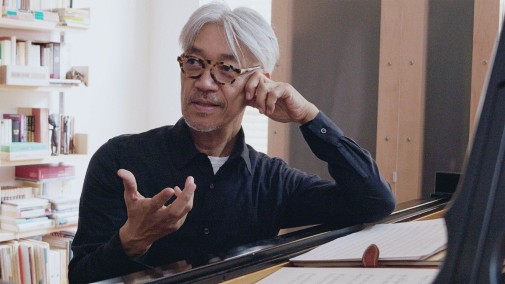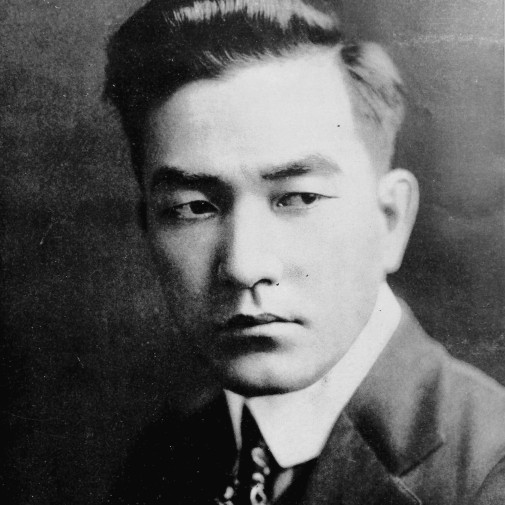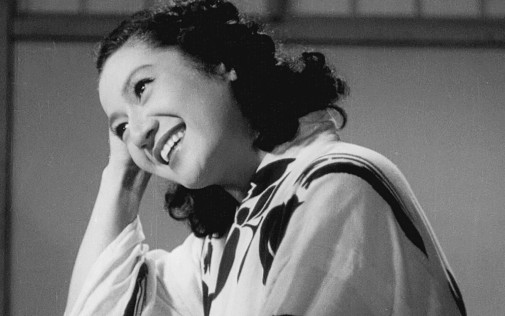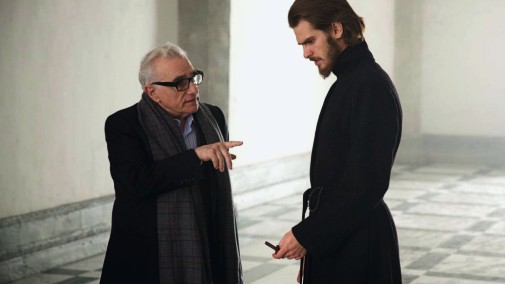International Contender: Canada, Germany, Japan, and more...
 Thursday, October 29, 2020 at 9:30PM
Thursday, October 29, 2020 at 9:30PM Since the last posting of this kind we've had six new submissions announced for Oscar's International Feature Film race, bringing the total to 25 thus far. We're tracking both here on the Oscar charts and at letterboxd. (We usually end up around 90 titles but we suspect there will be fewer titles this year due to the pandemic and the resulting cinema chaos.)

 Austria,
Austria,  Best International Film,
Best International Film,  Canada,
Canada,  Germany,
Germany,  Japan,
Japan,  Oscars (20),
Oscars (20),  Slovenia
Slovenia 



